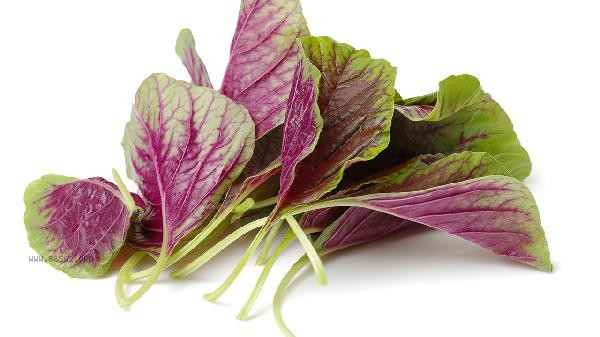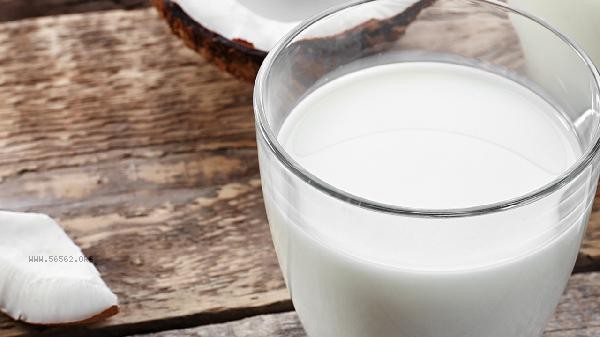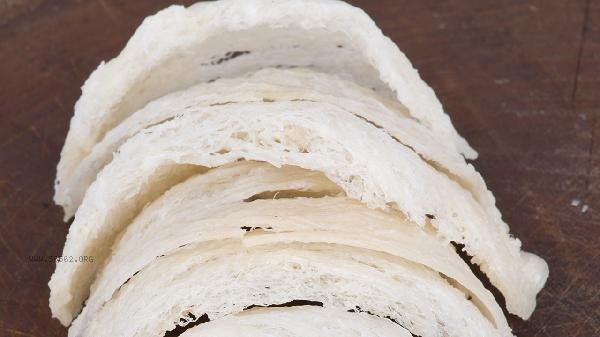Coarse fiber foods mainly include oats, brown rice, celery, broccoli, beans, etc. Coarse fiber is a type of dietary fiber that can promote gastrointestinal motility, aid in digestive health, and help control blood sugar and cholesterol levels.

1. Oats
Oats are rich in soluble and insoluble dietary fiber, which can delay gastric emptying time, increase satiety, and help control weight. β - glucan in oats can also help lower cholesterol levels in the blood, which is beneficial for cardiovascular health. Oats can be made into Congee or oatmeal, which is suitable for breakfast.
2. Brown rice
Brown rice retains the rice bran and germ parts, and has a much higher dietary fiber content than polished rice. The insoluble fiber in brown rice can promote intestinal peristalsis and prevent constipation. Brown rice also contains B vitamins and minerals, with high nutritional value. Brown rice can replace white rice as a staple food, but it is important to chew it thoroughly to aid digestion.
3. Celery
The stem of celery contains a large amount of coarse fiber, which can stimulate intestinal peristalsis and help with defecation. Celery is also rich in vitamin K and potassium, which help maintain bone health and blood pressure stability. Celery can be eaten raw, cold mixed, or stir fried, but insufficient chewing may affect digestion and absorption.

4. broccoli
broccoli is a cruciferous vegetable that is rich in dietary fiber and various nutrients. The fiber in broccoli can promote intestinal health and contains beneficial components such as sulfides. Broccoli can be steamed, boiled, or stir fried, but excessive cooking can damage its nutritional content.
5. Beans
Various beans such as soybeans, black beans, red beans, etc. are rich in dietary fiber. The fiber in legumes can delay sugar absorption and help with blood sugar control. Beans also provide high-quality protein and a variety of minerals. Beans can be made into soybean milk, tofu or cooked directly, but attention should be paid to fully cooking to destroy the anti nutritional factors. Moderate increase in crude fiber foods in daily diet can help maintain digestive system health, but it is important to gradually increase intake and avoid sudden and excessive intake that may cause discomfort such as bloating. At the same time, it is important to ensure sufficient drinking water to help fiber function in the intestines. For people with weak gastrointestinal function, coarse fiber foods can be chopped or cooked until soft before consumption. A balanced diet should include various types of dietary fiber foods, combined with moderate exercise and sufficient water intake, in order to better exert its health benefits.










Comments (0)
Leave a Comment
No comments yet
Be the first to share your thoughts!